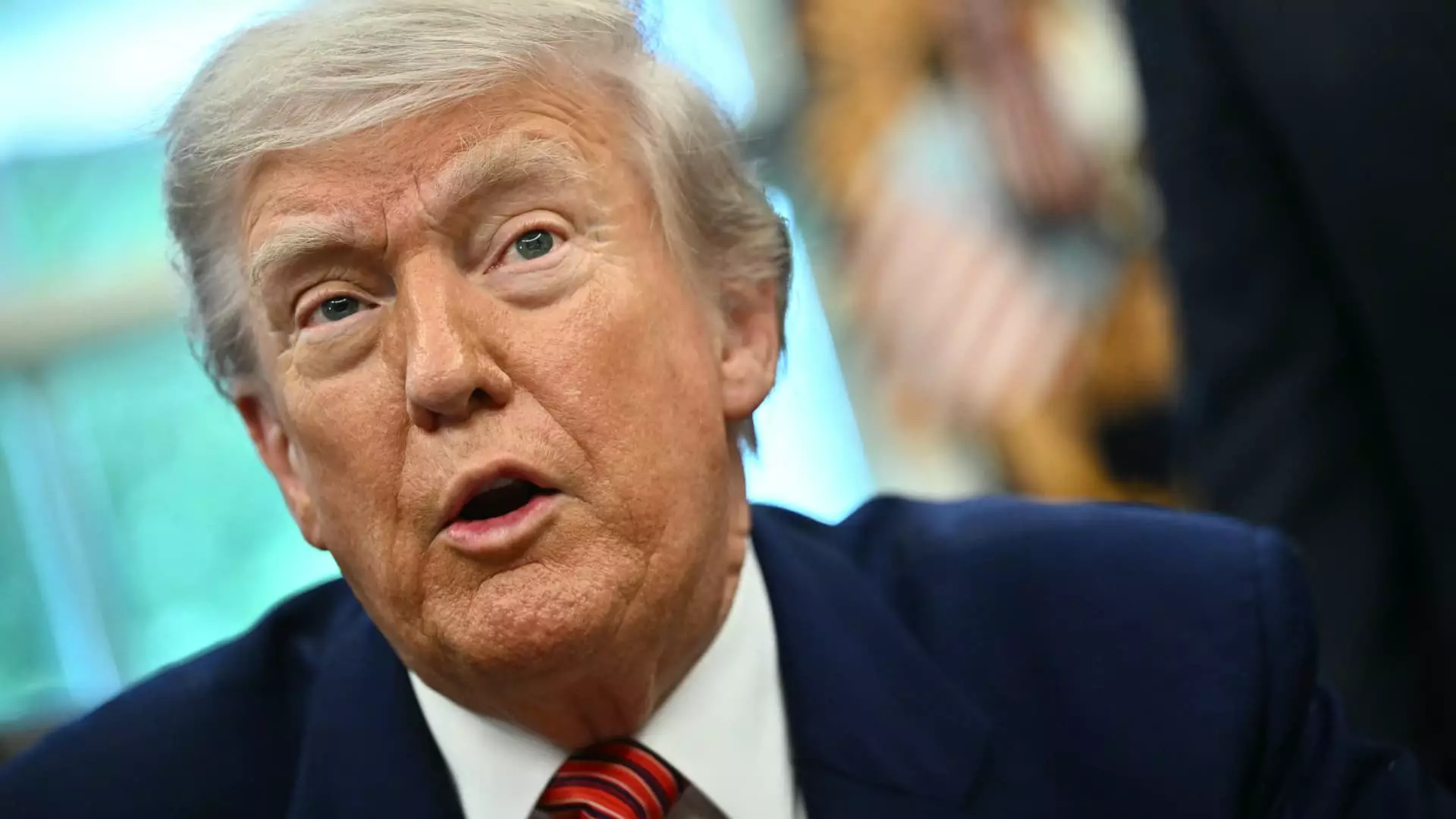During a recent commencement address at the U.S. Military Academy at West Point, former President Donald Trump blurred the lines between delivering a traditional graduation speech and reviving campaign rhetoric from his 2020 run. Proudly adorned in his signature “Make America Great Again” hat, he declared the graduates as the first in the “golden age of America,” suggesting an almost mythical era in U.S. history that his administration purportedly championed. This framing poses a significant opportunity for critique, as the question arises: Are we truly experiencing a golden age, or is this just another layer of political fabrication?
Trump’s speech, lasting nearly an hour, was laden with assertive claims about the U.S. military’s power and supremacy. He proclaimed, “You are becoming officers in the greatest and most powerful army the world has ever known,” suggesting that it was his leadership that breathed new life into the military. Such statements can be easily misinterpreted as boasting, but they also invite scrutiny. Are we witnessing genuine military advancement, or is this merely a façade to bolster a nostalgic desire for nationalistic pride?
The Myth of Rebuilding the Military
The notion that Trump single-handedly “rebuilt” the military is a bold assertion, one that does not hold up under closer examination. It harks back to the age-old political trope of attributing too much credit for military readiness solely to a single individual. While any president influences military readiness through budget allocations and policies, Trump’s sweeping declarations seem to ignore the continuous evolution and inherent resilience of the armed forces regardless of the commander-in-chief at the helm. Rather than acknowledging the collaborative efforts of military leaders and service members, Trump paints it entirely as his own accomplishment—a clear distortion of reality.
Controversy Under the Veil of Respect
What’s more disturbing is Trump’s categorization of the military’s role as one defined by dominance and annihilation. By emphasizing the military’s need to be “respected,” he simultaneously invokes a mindset that dismisses diplomatic efforts in favor of a show of force. This bellicose world view is troubling not only for the ethical implications it carries but also for the potential consequences of promoting aggression as a primary tool of foreign policy. Such ideologies resonate dangerously in a world that could benefit more from dialogue and cooperation than from threats of annihilation.
Furthermore, Trump’s comments about “liberating” troops from “divisive” training programs signal an unsettling shift toward exclusionary practices. As the administration aimed to dismantle diversity, equity, and inclusion (DEI) initiatives, one must wonder what the broader implications are for military cohesion. The elimination of cultural clubs at West Point, along with a directive to cleanse libraries of books discussing racism or sexism, suggests an alarming reduction in critical thought and cultural awareness—elements vital to the complex landscape in which modern soldiers operate.
While Trump’s address may have exuded a sense of pride and boldness, it ultimately reflects a more profound concern: the erosion of thoughtful discourse and the preferred embrace of a simplistic, divisive narrative that glorifies militarism while compromising the essential values that underlie the very foundation of America. In the end, what we term a “golden age” may very well be a gilded illusion, one that glosses over the real challenges and complexities of our time.


Leave a Reply